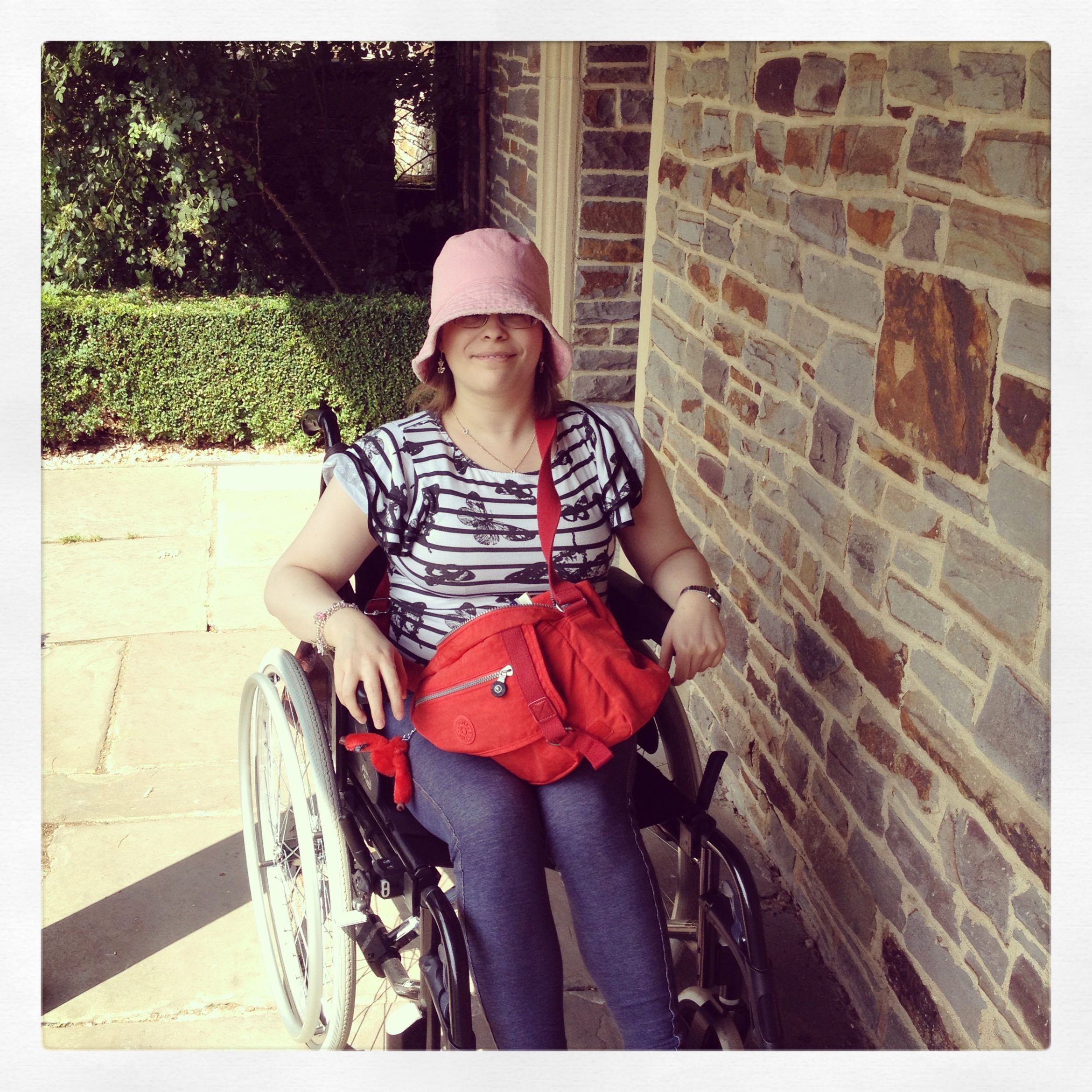Hello to all my readers
Sorry that I have been quiet recently and a distinct lack of posts from me. Recently, I have been struggling with fatigue, and as well as this have had several hospital appointments which follow the appointment with a consultant specialising in audiovestibular medicine. For those who do not follow my blog, or who do not know what audiovestibular medicine is, it is a branch of medicine which specialises in the diagnoses, medical treatment and rehabilitation with disorders of hearing and balance. Doctors who specialise in this area, concentrate on patients with a variety of different problems including dizziness, hearing loss, tinnitus, speech disorders and abnormalities in eye movements.
My first appointment with the registrar back in November, revealed a problem mentioned above. He noticed that whilst following his pen with my eye, there was a slight delay with my movements which indicated a neurological problem. The doctor referred me to have some balance tests conducted to determine whether the dizziness is due to a vestibular dysfunction (inner ear disease) or not. Here is a video which outlines the VNG test:
The test, which happened a fortnight ago was not pleasant and afterwards the dizziness was worse. Last week, I returned to the hospital for the results…
During the consultation last week, I was asked to perform a test was I was not able to perform the previous week during the VNG test. This test is known as the Diz-Hallpike test and involves the patient lying on a table with the head hanging over the end of the table. The doctor will then turn your head 30° to 45°. The doctor during the test will watch your eyes for involuntary eye movements known as nystagmus. The timing and appearance of the vertigo and nystagmus determines whether the vertigo is caused by an inner ear disorder or the brain.
After completing this particular test, my parents and I were taken back to the consultant’s room and were unfortunately informed that an inner ear disorder have been completely ruled out, and that there were some abnormalities during some of the tests which indicated a problem with the central nervous system, i.e. the brain. We were also informed that there is little that can be done, and although they are sending me to a rehabilitation therapist to learn some exercises to try and ease the severity of the dizziness, the consultant was not confident that they would help.
This was obviously not the outcome that we were hoping for. It is not the first time that I have been told my a medical profession that the dizziness is very likely caused by a neurological condition; and it is not the first time that it is not anything that they can do to treat the dizziness – however, every time that I hear these words, it is like hearing them for the first time, even after accepting them after a previous appointment. In addition, after repeatedly hearing that the dizziness is a life-long symptom that I will have to deal with, a little part of me still gets extremely upset and despondent. I have always realised that the dizziness is very likely a neurological problem, and very unlikely to go away but after having it confirmed after various hospital appointments is still feels as if the small glimmer of hope that is inside of me becomes extinguished after hearing those words again and again.
Living with the dizziness, is like living with a permanent shadow following and lurking behind me wherever I go. Always present and ready to strike at anytime. The dizziness at present is constant, as well as being severe and at times debilitating and coming to the realisation that it is life-long is a hard concept to get my head around and even harder to accept. There are a number of people that has told me to hold onto hope that there is someone out there who could help me and that there is something that can be done – however the question is; is it wise for someone with a chronic illness after being told that it is a life-long condition to hold onto hope that a cure is out there? Is holding onto such hope, only going to lead to more heartache and upset? Is it best however, to accept the reality as it is, and move forward with your life as the best you can despite the limitations that the chronic illness places upon the life of the sufferer? As Joseph Campbell said “We must be willing to let go of the life we have planned, so as to have the life that is waiting for us”. So, does keeping hold onto hope of some kind of cure, stops us from living the life that we may have not planned, but our new reality?
Do I go in hunt for a cure for the dizziness, which may not even be out there? Or do I simply learn to live and accept the dizziness as a constant part of my life. It is very hard to accept that this dizziness may never go, and honestly it has really knocked my confidence on going out, but more importantly on going on our cruise in May. If the dizziness is this severe then, how will I ever be able to enjoy myself? Will I be able to cope with the dizziness whilst on holiday? These are the questions that are currently running through my mind.
Simply losing hope but attempting acceptance…






